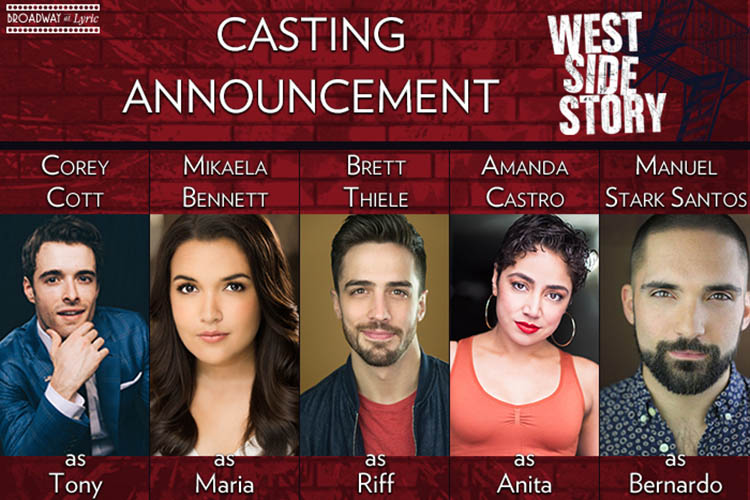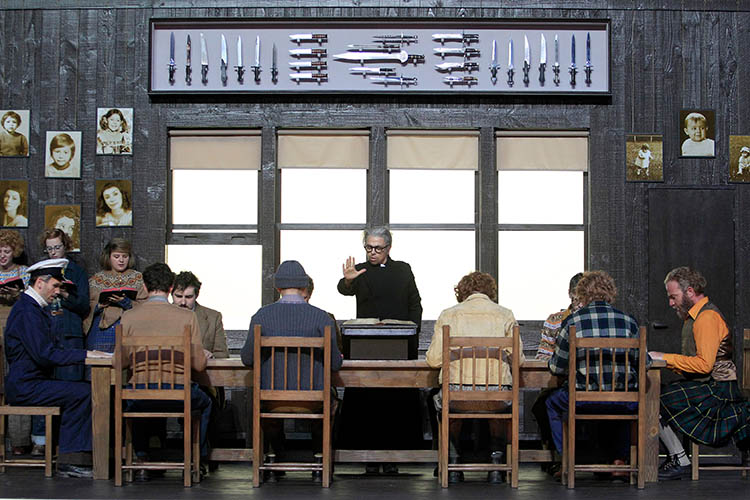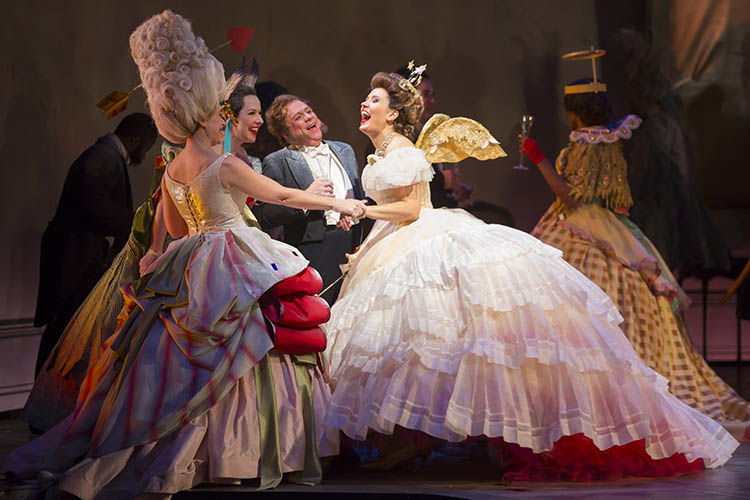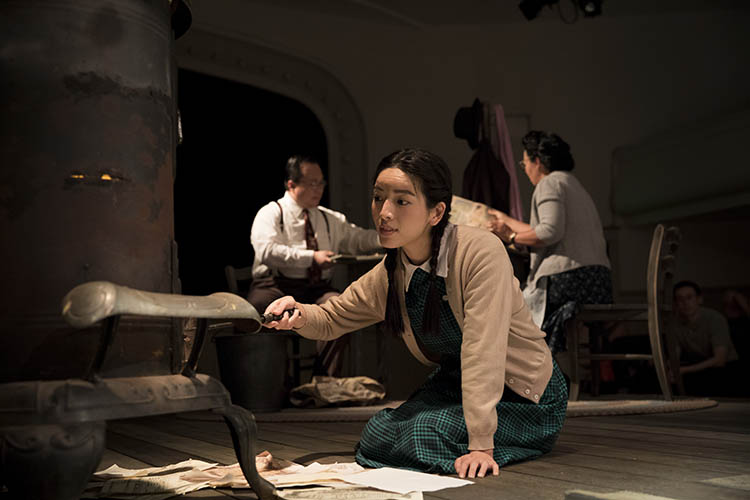March 06, 2019
The Irresistible Power of Strauss’s ELEKTRA
Before his riveting new production of Elektra opened Lyric’s 2012/13 Season, Sir David McVicar talked with us about what makes this a must-see opera. This is an edited transcript.
Why did you want to direct Elektra?
It’s just so damned visceral. I don’t think there’s anything in opera to compare with it. It’s kind of like an opera written by Quentin Tarantino in the way it notches up the tension. You know the explosion of violence has to come, and it’s incredibly shocking and cathartic when it does.
What makes Elektra a great opera?
The score — it’s a combination of libretto and music that is simply a marriage made in heaven. This was Hugo von Hofmannsthal’s first collaboration with Richard Strauss, a turning point in both their lives. Hofmannsthal made the relationship happen, having recognized something in the Salome score — Strauss’s music is so reflective of the time in which he lived. In Salome [1905 premiere] he explored his characters’ inner psychology, and Hofmannsthal knew Strauss could do the same with Elektra. This piece is really a wonderful meeting of minds, and on every level, it absolutely works. Elektra has been compared to a hunk of black granite: where Salome is shimmering and exotic, Elektra is brutal and uncompromising.
It’s a terrific challenge to perform.
But it’s such a well-written score! If the cast is true to the drama, they’ll find a way to sing it. Of course, it’s an opera for herculean, olympically athletic singers. They have to be dramatic rather than careful. At the same time, they must have the stamina to get from A to Z. And they have to throw themselves into the drama, especially the three principal women. In singing and acting any role in the piece, you have to inhabit it 100 percent and simply lose yourself in it [for 100 minutes]. If it were any longer, it would be too long. Salome and Elektra are both short, yet not a bar too long — perfect pieces, both of them.
Lyric’s general director Anthony Freud has called Elektra an excellent introduction to opera for first-timers, especially those who appreciate powerful theater and film experiences.
I would agree, especially teenagers — it will blow their minds! Think of the anger expressed in this piece. It’s about rage, matricide, disempowerment between generations. It’s also about revolution and not accepting the status quo. The music will also grab young people — the sheer loudness of it. (You think a rock concert is loud?) This score screams from a very primal part of the psyche. In the end, that’s what is fundamentally gripping about the music and the story — they speak about primal impulses and family relationships that are not always healthy. Its Freudian connection speaks about rites of passage, psychological needs for children to supplant their parents. Very, very few people in the audience will find nothing to relate to in experiencing this opera.
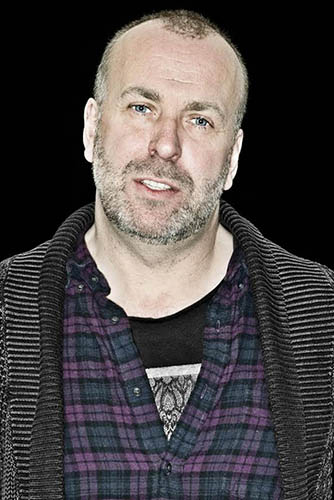
Sir David McVicar

